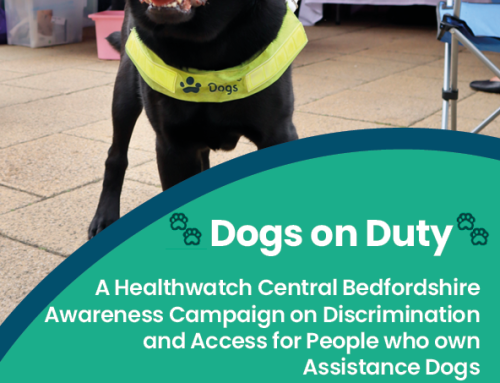Understanding the early symptoms of dementia is key to helping you catch it early.
These might include confusion, memory loss or difficulties completing simple tasks. It’s easy to ignore these symptoms, particularly if they’re fairly mild and aren’t having a hugely detrimental impact on your daily life. However, getting an early diagnosis will ensure you’re getting the right care from the start, and you could even get access to financial aid sooner to give you and your family some added support.
According to one survey, three out of five people living with dementia wish they had got an earlier diagnosis, so even if you think your symptoms aren’t ‘bad enough’, it’s never too soon to get them checked out. But how does the process work, and what should you do if you do notice symptoms?
Speak to your GP
As with any serious medical condition, your first port of call after noticing potential symptoms should always be your doctor. They will be able to run tests or perform a physical examination, which can help to determine whether problems with memory loss are directly caused by the onset of dementia.
You’ll also need to answer a range of questions about your daily habits and lifestyle to give them a better understanding of how you’re managing to cope with everyday tasks. To this end, the NHS recommends bringing along someone familiar with your behaviour to provide more information about changes they’ve noticed. This is also important to ensure you don’t forget any crucial details after the appointment.
With so much crossover between dementia and other age-related conditions, it can be difficult for GPs to accurately diagnose you from one appointment. However, they’re likely to be able to rule out other potential causes of your symptoms, in which case you could then be referred to a dementia specialist. It’s important to note that timeframes can vary when it comes to getting a diagnosis. For some people, it might only be a few weeks, but the process could last for over a year; this is another reason why it’s so important to organise the initial appointment as soon as you notice any issues.
Keep a diary
Doctor’s appointments can be daunting, and it can be difficult to describe exactly what you’ve been experiencing. When you start noticing symptoms, it might be helpful to start making notes or keeping a diary of things that have happened that have caused you to be concerned.
 Again, family members that you live with or spend a lot of time with may be better placed to point out these (sometimes small) changes to your routine. Keeping a record will make it easier to explain your situation and symptoms to the GP at your appointment, so even if your symptoms are only mild, making an effort to jot down instances you’ve noticed them could really help.
Again, family members that you live with or spend a lot of time with may be better placed to point out these (sometimes small) changes to your routine. Keeping a record will make it easier to explain your situation and symptoms to the GP at your appointment, so even if your symptoms are only mild, making an effort to jot down instances you’ve noticed them could really help.
It’s never too early to seek support
Whether it’s to get reassurance or to ensure you’re getting access to the right support, it’s vitally important you don’t put off going to get diagnosed. Dementia is an incredibly complicated and life-changing condition, but spotting the signs early will give you and your family peace of mind that you’ll start to receive the care you need.







Leave A Comment